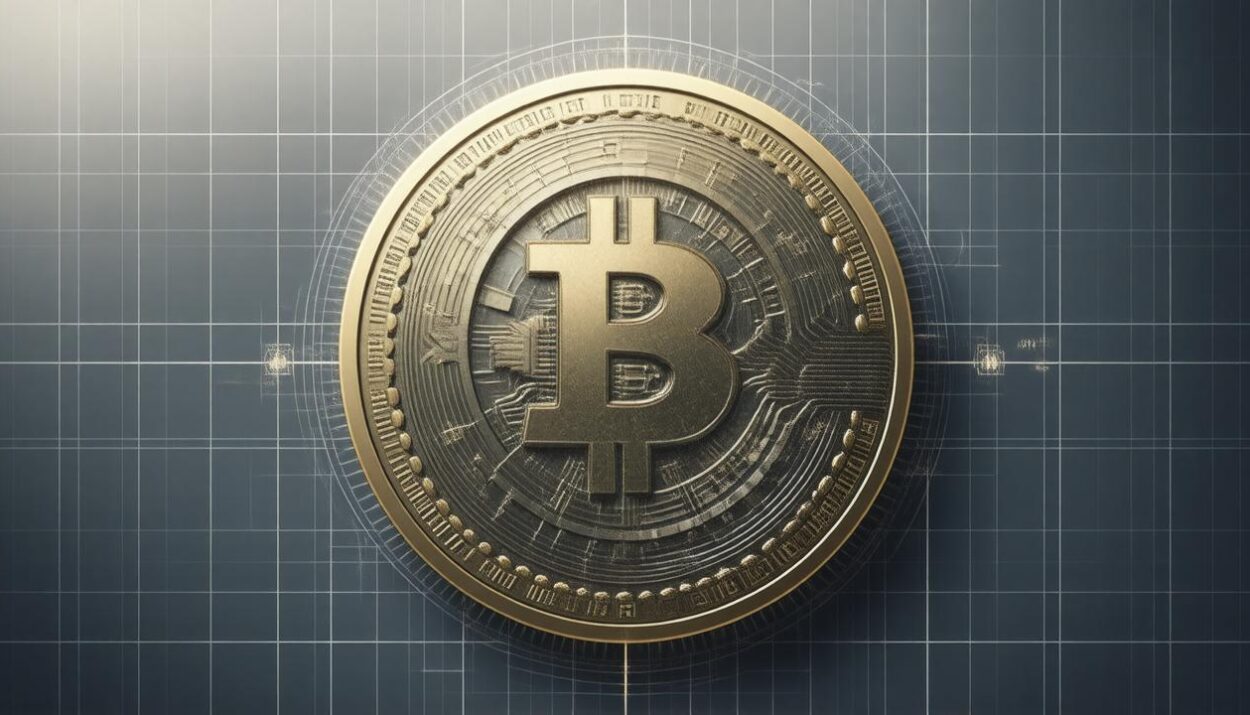India Reevaluates Cryptocurrency Stance Amid Global Shifts
India’s Regulatory Environment
India is reassessing its stance on cryptocurrencies in response to changing global attitudes. Economic Affairs Secretary Ajay Seth stated that India’s review considers the evolving positions of multiple jurisdictions regarding cryptocurrency usage and acceptance. This reassessment has delayed the release of a cryptocurrency discussion paper originally scheduled for September 2024.
More than one or two jurisdictions have changed their stance towards cryptocurrency in terms of the usage, their acceptance, where do they see the importance of crypto assets. In that stride, we are having a look at the discussion paper once again.
Global Influences on India’s Cryptocurrency Policy
The review comes on the heels of a significant development in the United States. A recent executive order tasks the Treasury and other federal agencies with reviewing U.S. regulations affecting the digital asset sector. Although the order does not explicitly mention Bitcoin or other specific cryptocurrencies, it highlights the growing importance of digital assets globally.
India’s Cryptocurrency Market: Growth Amidst Strict Regulations
Despite India’s stringent regulatory environment, which includes a 30% capital gains tax and 1% TDS on transactions, cryptocurrency investment has grown substantially among Indian investors. The country maintains tight oversight, with the Financial Intelligence Unit taking action against non-compliant exchanges.
Tips for Indian Crypto Investors:
- Understand the current tax structure and its implications on crypto trading.
- Be aware of the regulatory framework involving multiple bodies, including the Reserve Bank of India (RBI), Ministry of Finance, and SEBI.
- Stay informed about the latest developments in India’s cryptocurrency policy.
A Complicated History with Cryptocurrencies
From 2013 to 2017, the RBI issued warnings about the risks of cryptocurrencies, but there were no formal regulations in place. By 2017, as the digital asset class gained popularity, the RBI’s concerns about money laundering and investor protection led to greater scrutiny.
The following year, the RBI imposed a banking ban on crypto exchanges, cutting off access to the banking system for the sector. This severely impacted India’s crypto market, until the Supreme Court’s landmark ruling in 2020, which declared the RBI’s ban unconstitutional.
Future Outlook for Indian Cryptocurrency Market
As discussions around regulation intensify, Indian crypto businesses face challenges in banking access, legal clarity, and investor protection. Despite these obstacles, India remains one of the largest crypto markets in the world. With its tech-savvy population and growing interest in decentralized finance (DeFi), the outcome of India’s crypto journey will likely shape the global regulatory approach in the years to come.
For more updates on the cryptocurrency market and regulatory developments, visit Global Crypto News.























